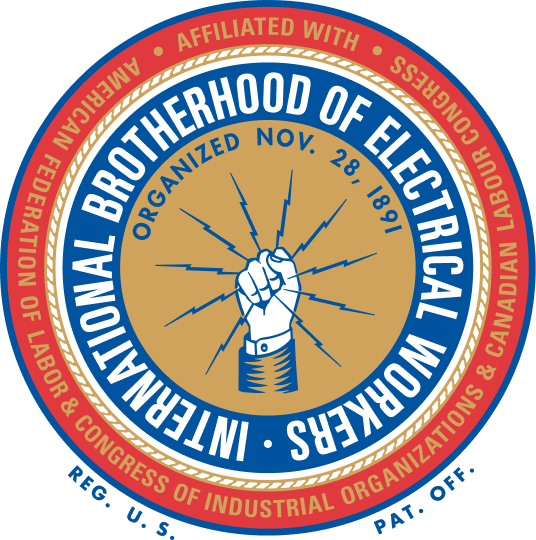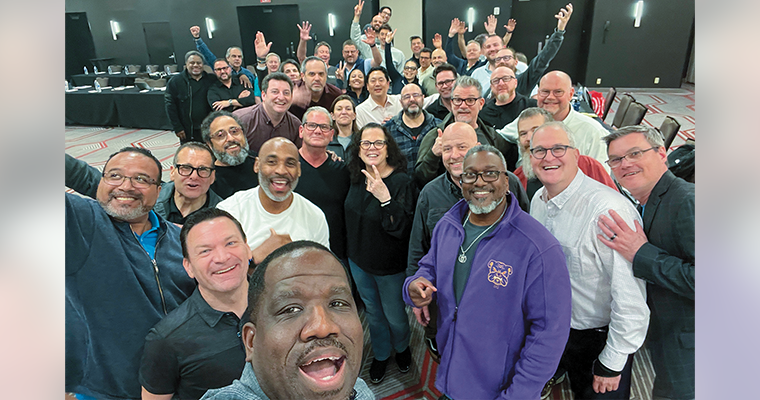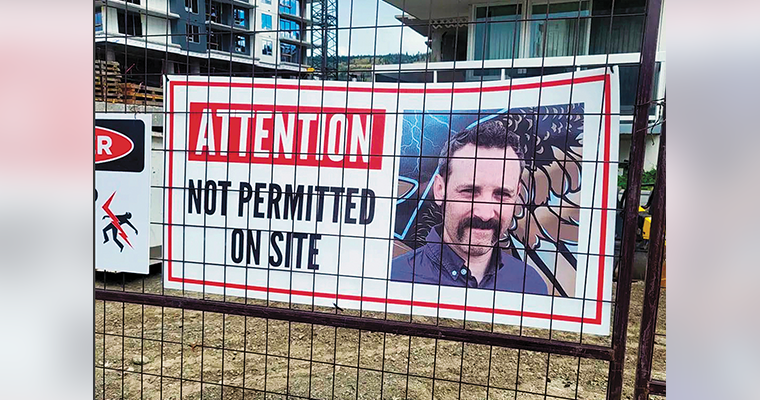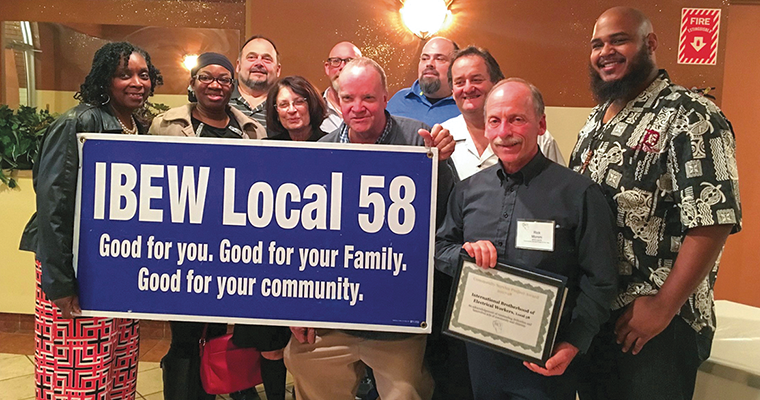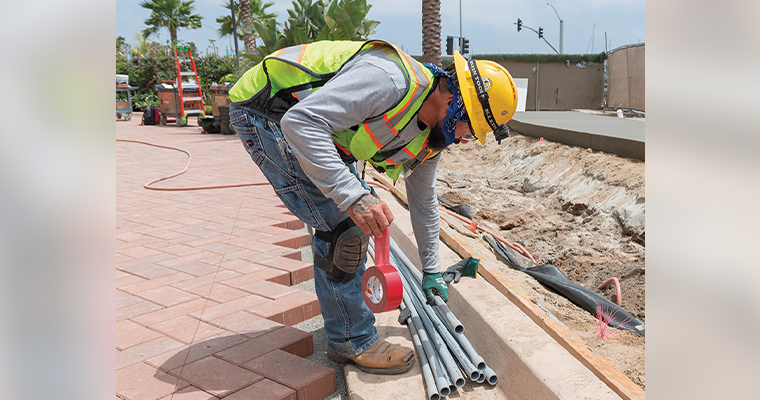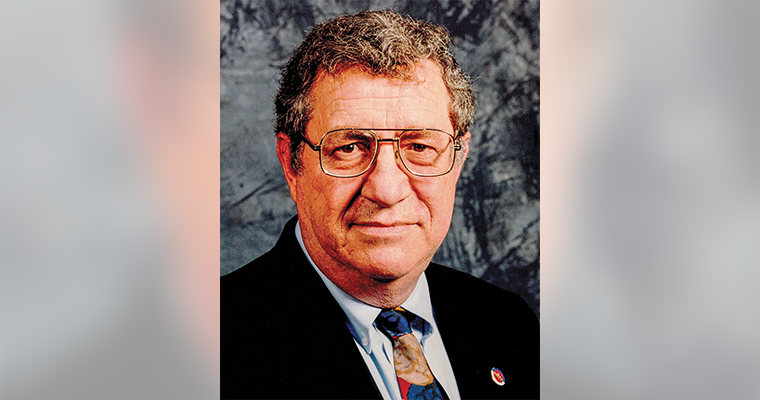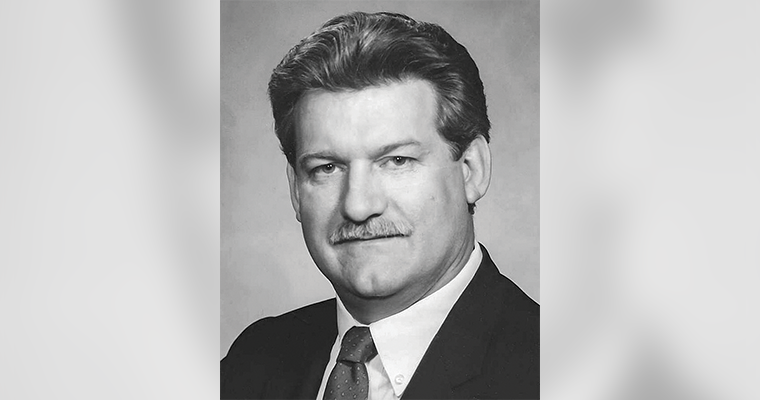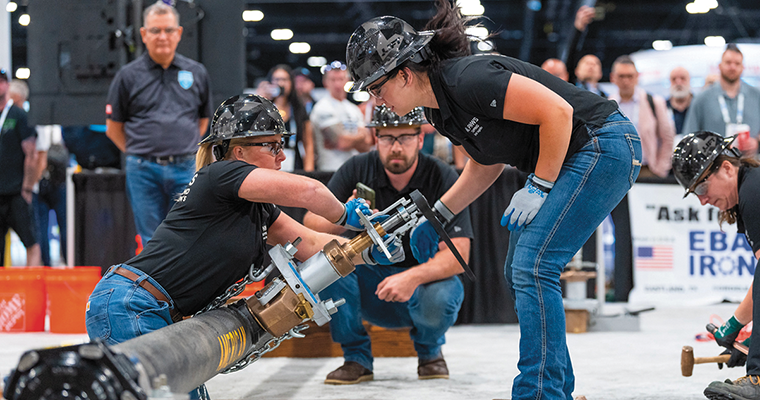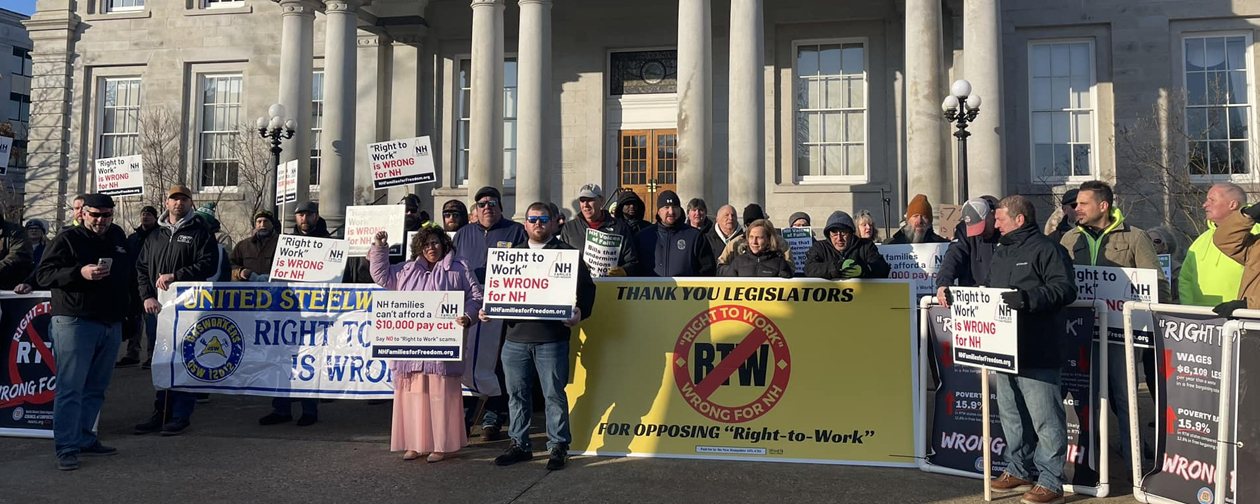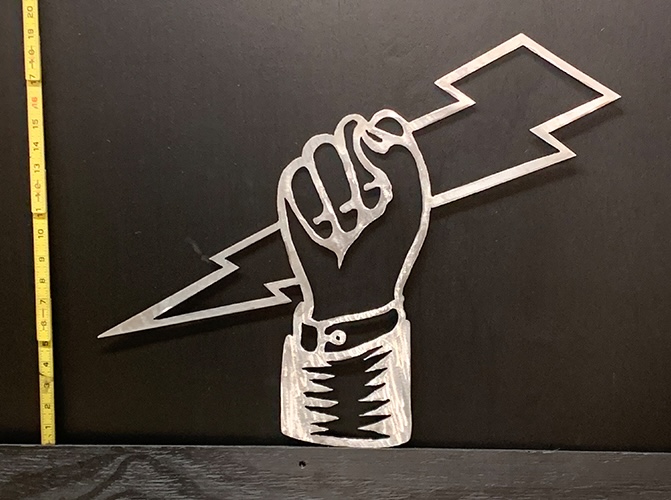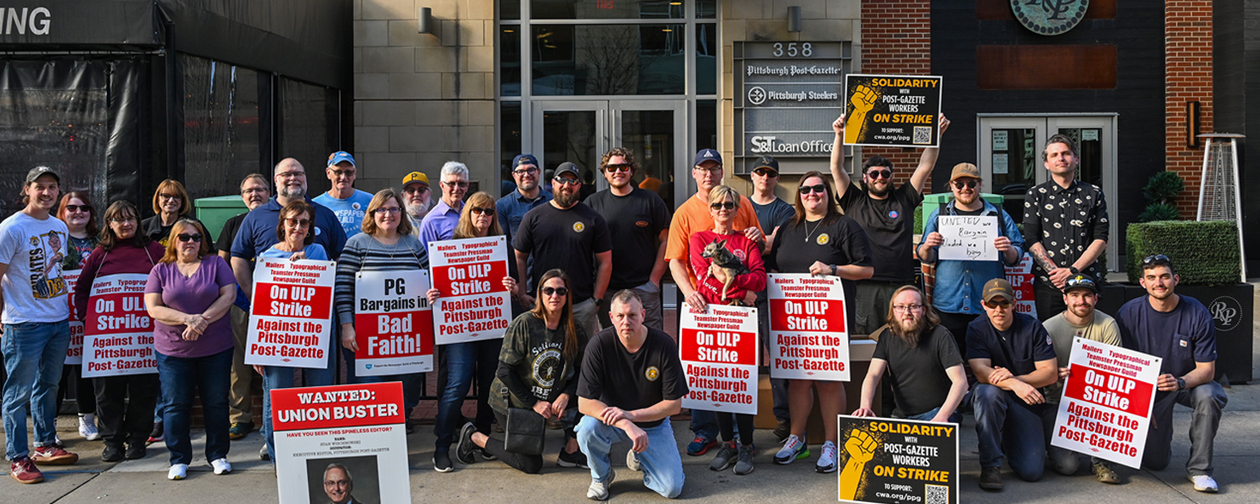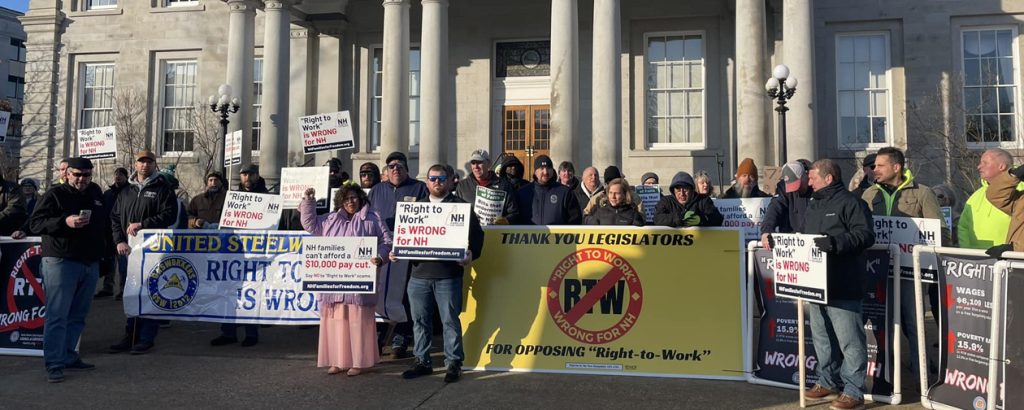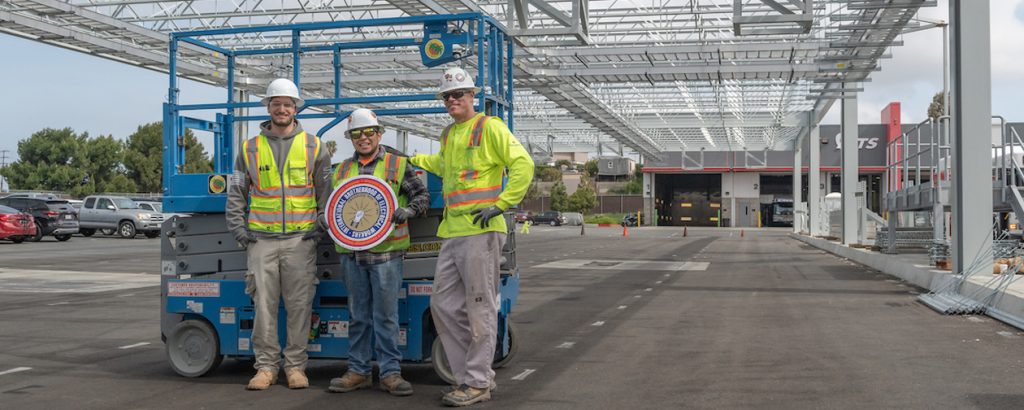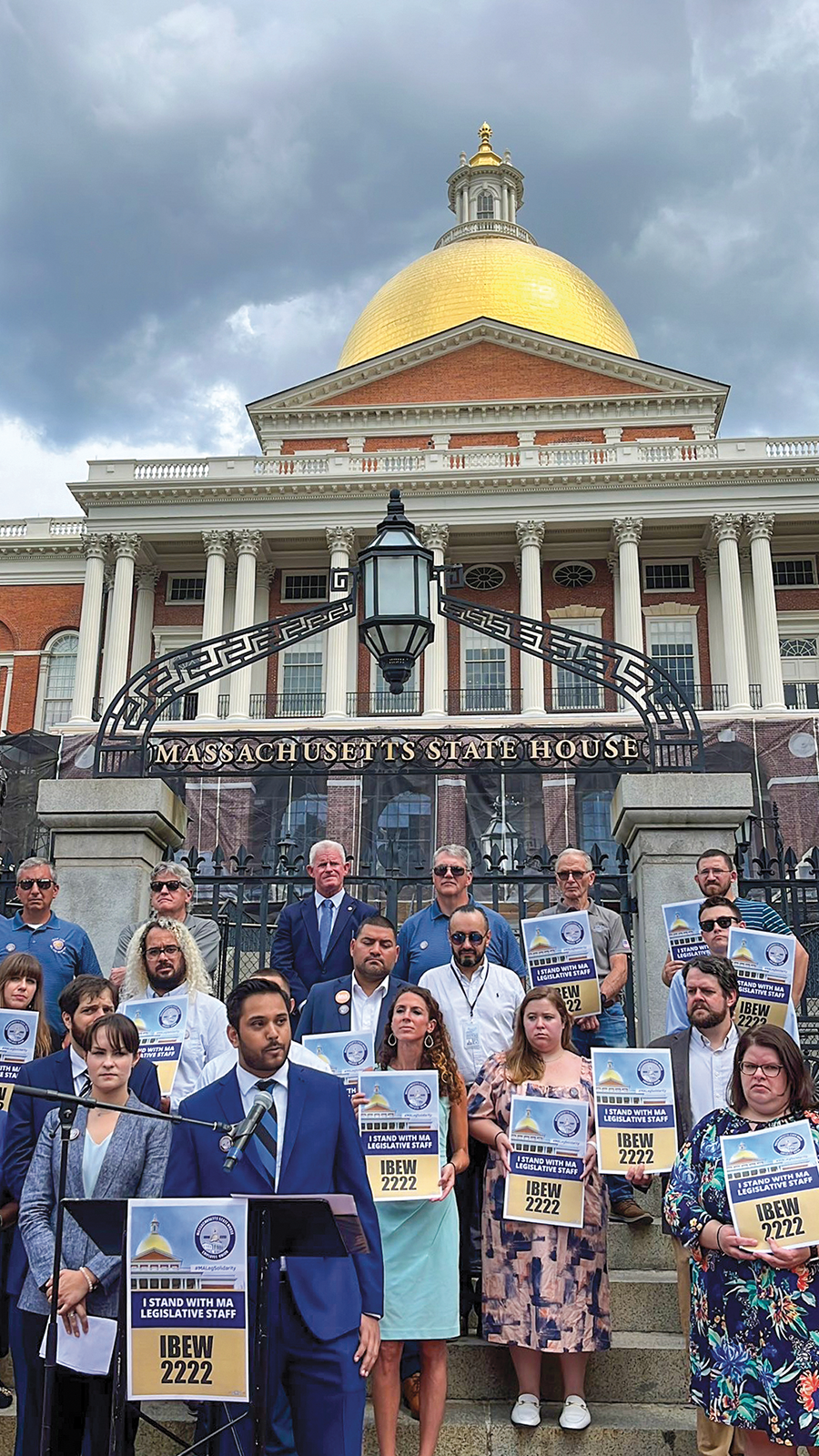
The Massachusetts Legislature is finally considering a bill to allow its staff to vote on joining a union after a six-year IBEW organizing campaign.
The bill will soon be considered in the Joint Committee on Labor and Workforce Development. If signed into law, the bill would amend a 50-year-old law allowing judicial and executive branch staff to organize, giving the same right to legislative staff.
This is not the first time the IBEW-backed bill has been proposed in the Democratic-dominated Legislature — the party holds 88% of the state Senate and 84% of the House — but it has never been passed.
“They don’t need to pass this bill. House and Senate leadership could voluntarily recognize the staff union today if they wanted to. That they haven’t shows me that there is a real misunderstanding about what it means to stand with unions,” Second District International Representative Steve Smith said. “Our message to the state party is simple: You want our support, you want our resources, then get your house in order because there is nothing more important to labor right now than the right for a worker to organize.”
Smith and Boston Local 2222 President & Assistant Business Manager Kevin Holland have been working with the volunteer organizing committee since a handful of the 700 staffers approached them in 2019. In those early days, Smith said, he was surprised they weren’t already in a union.
“This is Massachusetts. Of course they’re in a union. I was shocked,” he said. “You didn’t need to talk to them long to see they could use one.”
Ravi Simon wasn’t one of the original staffers to approach the IBEW, but he has been a consistent and outspoken member of the volunteer organizing committee for years. He is a legislative aide for the state representative from his hometown.
“It’s a great job. My boss is pushing legislation I believe in. I do a lot of constituent services. These are my neighbors and people I know,” he said.
What isn’t great is the pay, starting at $40,000 a year. Working conditions were also a problem. There have been a series of sexual harassment allegations. It all added up to an atmosphere that was not welcoming for many.
“There are very few people who have kids. It just doesn’t pay well enough. Unless you come from money or you have a high-earning spouse, most people who do this are one to four years out of college and they don’t plan on staying,” he said.
The result is astronomical turnover, Holland said, and a legislative staff that is less likely to be drawn from a working class or union background. A union negotiating better wages and working conditions could also return working family concerns to top of the state’s priorities.
“[Everyone] talks a great game, but not many pro-labor bills are being passed,” he said.
The challenge for the IBEW is that the opposition to allowing staffers a union vote is as quiet as it is fierce, Second District International Vice President Michael Monahan said. At times, he has even been urged by politicians in the state to drop the campaign.
“They whisper, ‘Don’t forget about all the other legislation you want from the state,’ like prevailing wages, PLAs, wages, and telecommunications licensure,” Monahan said. “What they are overlooking is that the right to organize is sacred. Everything else follows behind the right to actually join a union. We aren’t afraid to say you can’t be a supporter of labor and support denying workers the right to organize.”
If the legislation passes out of the joint committee, it would still need to pass both chambers before moving to the governor’s desk.
Or, Monahan said, they could voluntarily allow the staffers to vote up or down.
“Wage theft, PLAs, prevailing wage and the basic right to organize are in the same family. They aren’t competing values, and we shouldn’t be told to choose between them,” Monahan said. “We are not walking away from the 700 people who want to get up off their knees because they deserve it and we agreed to help. And remember, behind them are millions of American workers wanting to know who is looking out for them.”
